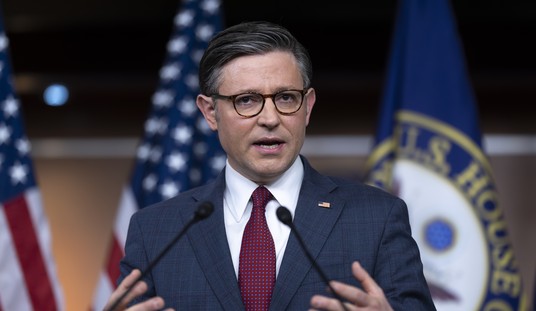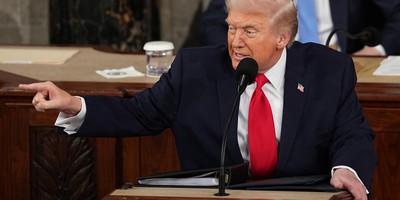2015 has come and gone, and Americans for Prosperity (AFP) has their report card. Over the course of last year, their army of 2.7 million grassroots activists formed the point of the lance in the fight for economic freedom.
In nine states, AFP fought off expansion of the ruinously expensive Medicaid expansion, which is an integral part of President Obama’s health care law. In all, $60 billion of the taxpayers’ money was saved by AFP’s effort to prevent its expansion. Medicaid provides health care to the working poor, but the new class of citizens who are eligible for these subsidies are mostly childless, able-bodied adults who don’t work. Moreover, expanding a program that is destined to torpedo state budgets isn’t helping anyone. On average, state legislatures would have to find two to three dollars in cuts just to save one dollar in Medicaid spending. Then, there’s this finding from Forbes’ Avik Roy from a 2011 study on the program from the University of Virginia:
Patients on Medicare were 45% more likely to die than those with private insurance; the uninsured were 74% more likely; and Medicaid patients 93% more likely. That is to say, despite the fact that we will soon spend more than $500 billion a year on Medicaid, Medicaid beneficiaries, on average, fared worse than those with no insurance at all.
It’s no wonder why Roy called the program a “humanitarian catastrophe.”
Concerning energy, AFP urged New Jersey and Colorado to join the majority of states who have filed a lawsuit against the Obama administration over portions of the Clean Power Plan, which disproportionately impacts rural Americans, torpedoes home budgets for fixed-income seniors, and further leans on the necks of coal-producing communities. Oh, and it could eviscerate millions of jobs for black and Hispanic Americans. West Virginia alone is projecting a 20 percent hike in electrical costs. State-based plans for compliance with these new environmental rules are due this September.
Recommended
Concerning taxes, school choice, and right to work legislation, AFP was able to influence tax-cutting proposals in 22 different states. Wisconsin became a right to work state, which was signed into law last March by Gov. Scott Walker. In Illinois, AFP was able to prevent a power grab hidden within a new labor negotiations bill. The bill, which was first passed by the state house, prevented state workers from striking, and from being locked out of their jobs should labor talks become deadlocked, according the State Journal Register. At the same time, should a deadlock occur, it would go into arbitration to settle the dispute, which sent Republicans crying foul over the issue of an unelected arbitrator settling a budgetary matter. Gov. Bruce Rauner vetoed the bill, which was unable to be overridden, despite Democrats having veto-proof majorities in the legislature. Concerning West Virginia, Jason Hart wrote in Hot Air that the state is on the verge of joining the right to work club. Also, AFP has been working in Kentucky, where right to work legislation remains a popular position.
Lastly, Mississippi, Wisconsin, Oklahoma, Virginia, Tennessee, North Carolina, and Arizona all saw school choice opportunities increase.
AFP’s success is no surprise, given their state-based approach. As their director of public affair, Levi Russell explained, “Our model is designed to advance meaningful policy reform starting at the state level, and advancing to the federal level. We’re continuing to build a permanent infrastructure with the technology and resources to bring about more freedom, more opportunity, and more prosperity for every single citizen – especially the least fortunate.”
Republicans control two-thirds of the governorships, a record 66 of the 99 state legislatures, and have the most state lawmakers serving since 1920. This is fertile ground for a pro-economic freedom agenda, and one that doesn’t appear to be disappearing in the near future, as Democrats do not care about state and local races.

























Join the conversation as a VIP Member